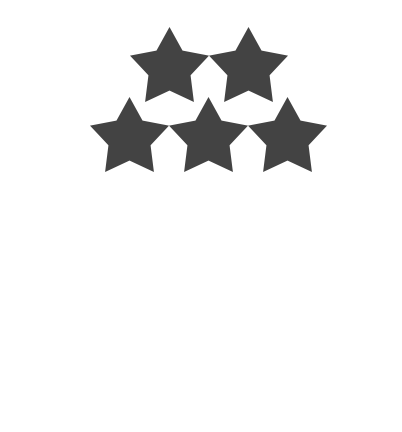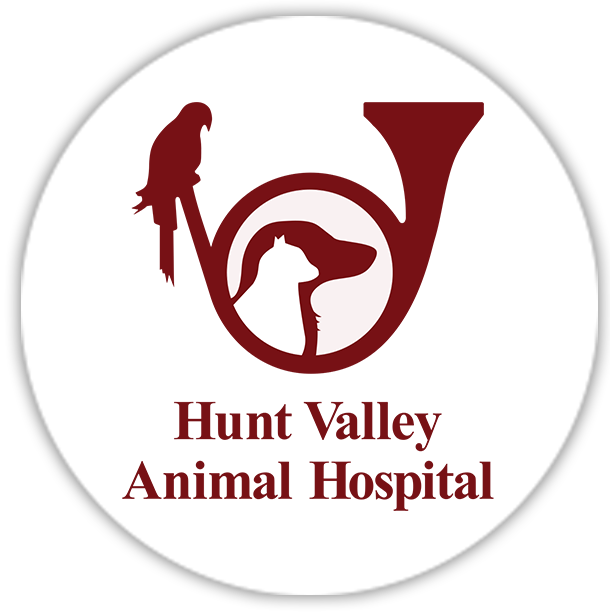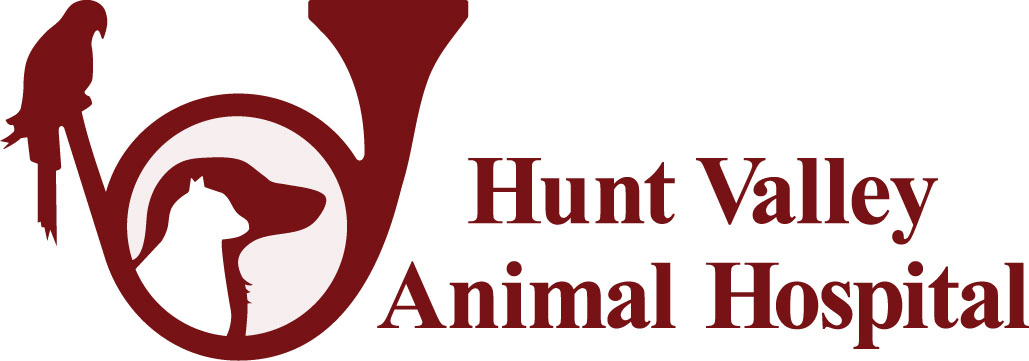Dog Gastropexy for GDV or Bloat
Gastric dilation volvulus (GDV) or bloat is a common LIFE-THREATENING condition that affects many large breed and deep chested dogs. This condition involves distension of the stomach, usually with gas, and then, the stomach twists on itself. The twisted stomach cannot pass food into the intestines and is not able to allow the dog to vomit or get rid of excess air by belching. The consequences of this condition can be fatal and include heart arrhythmias and twisting of the spleen. Shock, coma and death can occur within 6-12 hours.
A Few of The Most Common Symptoms
- Anxiety/Restlessness
- Tight abdomen
- Gagging/Retching without producing anything
- Drooling
- Rapid heartbeat
- Pale gums
A list of the most common breeds affected by GDV
- Akita
- Great Dane
- Basset Hound
- Great Pyrenees
- Bernese Mountain Dog
- Irish Setter
- Bloodhound
- Irish Wolfhound
- Borzoi
- Labrador Retriever
- Boxer
- Newfoundland
- Bull-mastiff
- Old English Sheepdog
- Chow
- Rottweiler
- Doberman Pinscher
- Standard Poodle
- German Shepherd
- St. Bernard
- Golden Retriever
- Weimaraner
Prevention
- Avoid elevated food bowls
- Never feed your dog immediately before or after heavy training, play or exercise. Try to wait at least 2-3 hours after feeding. Follow these same guidelines after bringing your dog home from a veterinary visit or kennel stay.
- Dogs should always be fed at least 2 small meals per day, rather than one large meal
- Do not allow your dog to drink or gulp large amounts of water after eating
Gastropexy involves tacking the stomach to the body wall within the abdomen to prevent its ability to twist on itself if the stomach does fill with air or food. This procedure is performed using minimally invasive laparoscopic techniques. The benefits of laparoscopic gastropexy include shorter surgery/anesthesia time, small incisions, less pain and shorter recovery/hospital stay.
Why wait until a life-threatening and very expensive condition has occurred? A preventative, minimally invasive procedure is becoming the standard for your pet and can save his/her life!
Call Hunt Valley Animal Hospital today at (410) 527-0800 or request an appointment online to talk to our veterinarians about your pet's surgery needs!
Is your pet in need of bloat prevention surgery?


